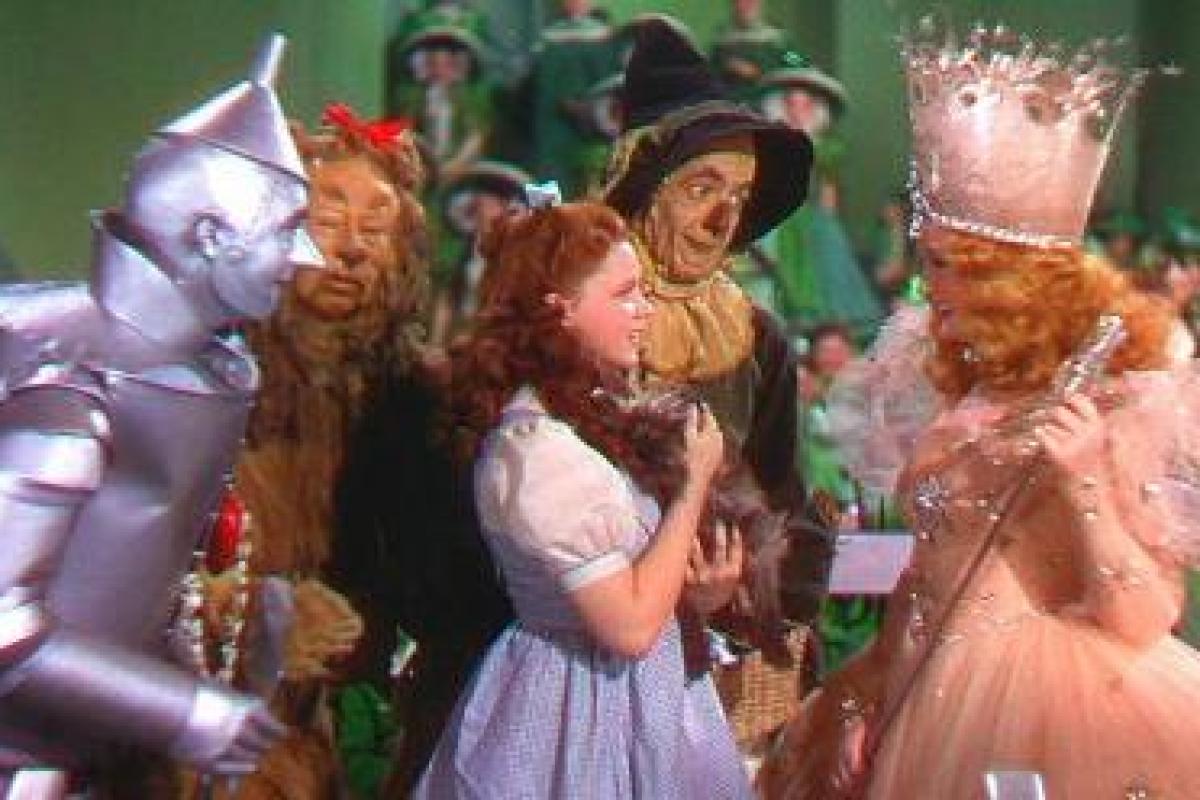In my last blog I wrote of a dinner I was invited to attend to discuss the problems of leadership these days. We each had to present a point of view about the subject. So here is mine.
I feel the problem these days is not just leadership but also followership. As society becomes more fragmented, communities less coherent, identities more fluid, the anchors that people need to feel safe and secure become dislodged. Add to that the decline in social deference – whether it is class or institutions. In many ways, of course, the decline of the unquestioning deference of previous eras is enabling and good. But it is also disrespectful and corrodes trust.
But perhaps the most significant feature of modern life and what is contributing to a certain scepticism and cynicism is the effect of the internet. For all of its advantages, the most significant casualty of the digital age is trust. Trust, like faith, is intangible. Neuroscience tells us that the need for spirituality (not religion) is hardwired: and lurking amongst those particular neurons is one labelled’ trust’. Without it we become paranoid and insecure. Market research tells us that trust in most of our institutions has been declining in recent years.
The sociologist Erving Goffman, in a book called The Presentation of Self in Everyday Life developed the concept of ‘back stage, front stage’ - what he called the dramaturgy of public life. Political and other types of public and indeed business leaders of the past existed front stage only: we didn’t know what went on back stage.
And the partial view we got of front stage behaviour generally satisfied our need for trust. Yet when bloggers and other online and offline agents pull back the curtain, we see what goes on back stage and it’s often not a pretty sight. I have no doubt that what went on back stage in a more innocent past was probably even more shameful, if not criminal, but no one knew. The media colluded in secrecy and there was no internet.
Children’s stories are useful here: the Emperor’s New Clothes is one, but the best is the Wizard of Oz. You will recall that Oz was ruled by a great Wizard who ruled over the Munchkins by thunderous pronouncements inspiring terror and submission. His voice was heard regularly booming out over the land. When Dorothy and her friends arrived, Toto the dog pulled aside the curtain and revealed that the Wizard was simply a little old man with a big microphone and a suite of noisemakers. In explanation of himself, he said ‘I’m not a bad man; I’m just a bad wizard’.
This story touches on another consequence of our less deferential age which is the resistance to command and control. (The Wizard needed a better strategy!) Individuals resent being told to do things without consultation – in politics and business alike. Yet in business the belief in the CEO as hero, the tough essentially authoritarian macho leader still commands sway – particularly in certain industries. The financial crisis revealed many in this mode.
The current issue of Market Leader has a fascinating article by Jules Goddard about the morality of management and how commonly accepted ways of thinking about companies corrupt trust.
Read more from Judie in our Clubhouse.
